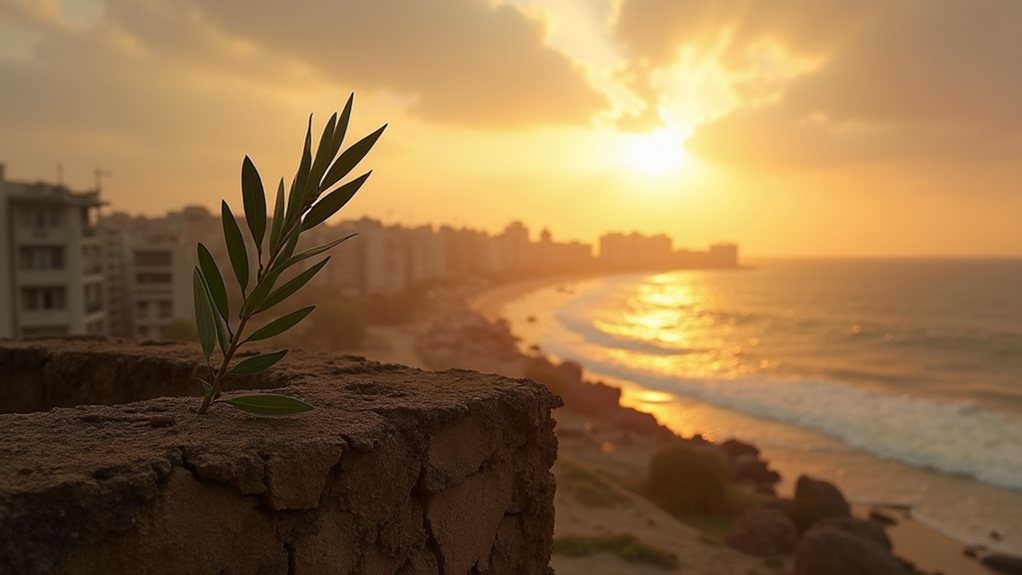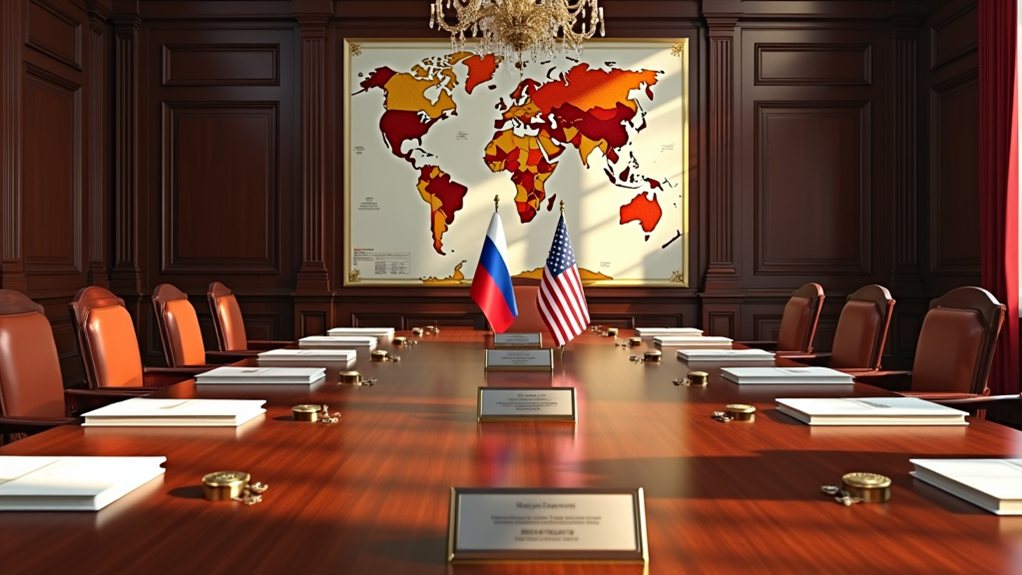Hamas has welcomed former President Donald Trump's recent decision to abandon his controversial plan for the Gaza Strip. Trump's original proposal suggested that the U.S. would take ownership of Gaza and permanently relocate two million Palestinians. He envisioned transforming Gaza into the "Riviera of the Middle East," which included clearing rubble and dismantling weaponry. This plan faced intense criticism from various Arab nations, who viewed it as a threat to regional stability.
On March 12, 2025, Trump made a significant reversal. He stated, "Nobody is expelling Palestinians from Gaza," during a meeting with the Irish Prime Minister. This marked a notable shift from his earlier proposal. By emphasizing that there would be no forced displacement, Trump's new stance was seen as a positive development by Hamas. The Israeli Finance Minister's plans to lobby for Trump's original proposal underscore the ongoing complexities in the region.
Spokesperson Hazem Qassem expressed gratitude for the change and called for stronger ceasefire agreements to guarantee peace in the region. He urged the U.S. to hold Israel accountable for its actions. Meanwhile, the humanitarian situation in Gaza has reached catastrophic levels, with basic needs severely compromised due to ongoing military campaigns.
In response to Trump's original plan, the Arab League met in Cairo to formally reject it. They proposed a $53 billion reconstruction plan for Gaza that aims to rebuild without displacing Palestinians. This plan seeks to establish a Palestinian Authority-led administration and has received support from the Organization of Islamic Cooperation.
Additionally, Arab foreign ministers met with a U.S. envoy in Qatar to discuss reconstruction efforts and began fresh ceasefire negotiations in Doha. Direct talks between Hamas and U.S. officials were also reported, which could lead to a more lasting ceasefire.
Trump's initial plan had strained U.S.-Arab relations. His recent reversal may ease tensions with key Arab allies like Egypt, Jordan, and Saudi Arabia. This change aligns more closely with Arab views on Palestinian rights.
As Gaza continues to face a severe humanitarian crisis, the impact of these diplomatic efforts remains to be seen.









